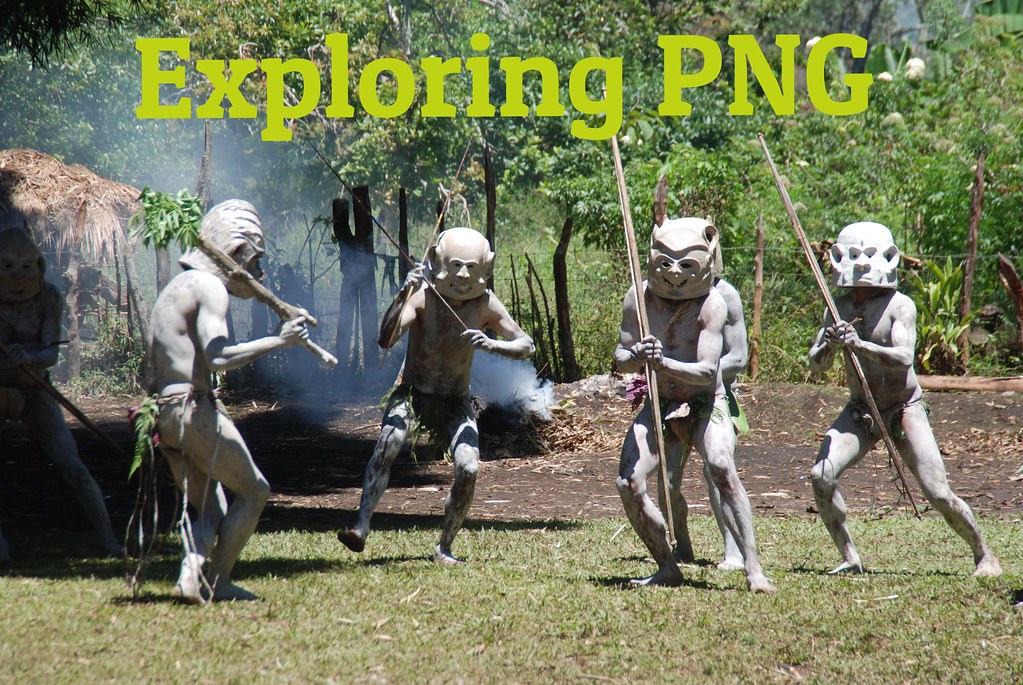
There is no better place to celebrate “Songkran” than Thailand, where the many unique rituals and festivities, which for centuries have celebrated the significance of water in Thai culture and society, will charm and delight visitors old and new to the kingdom.
Mr. Thawatchai Arunyik, Governor of the Tourism Authority of Thailand (TAT) said, “Thailand boasts many hundreds of years of rich history and traditions. Much the kingdom’s culture comes from the ethnic Thai people, whom represent more than two thirds of the kingdom’s nearly 70 million citizens. This ethnic Thai group can be divided into several sub-groups that differ slightly in their tradition, language and culture while being united by the Buddhist principles that the majority of Thais share.
“In many ways, it is this combination of cultures and diverse ethnic Thai groups and other minorities, including Chinese, Vietnamese, Khmer, Raman (Burmese-Thai) and various hill-tribes that gives Thailand its strong sense of national and cultural identity. This is because certain traditions, practiced for centuries are held in common, including Songkran.”
Songkran is considered to be the most magical festival of all, as it creates the important bonds of unity between families and communities that bring the Thai people together. It is not just about throwing water at each other, but about the traditions of hospitality, love and relationship in Thai families. Children who have moved away from home for work return to their families to bask in the love of their parents and elder relatives.
The word “Songkran” comes from Sanskrit, meaning transformation or change; to be specific, the changing of the zodiac signs. Timed to coincide with the rising of Aries on the astrological chart, the auspicious festival is a period when people cool off in the mid-summer heat, show respect to family elders and receive their blessings in return and also pray for loved ones who have passed away and cannot be present.


Another Songkran tradition is when sand is brought into the grounds of temples and used to create sand pagodas as a way of making merit. It is believed that during the year, Buddhists inadvertently take earth from temples away on the soles of their feet or shoes when they have paid their respects. So the sand is returned at the Thai New Year in the form of these mini pagodas.
The local temples are central to the Songkran festivities, and it is traditional for everyone celebrating Songkran to make at least one visit there or to a blessed area to pay respects to and purify Buddha statues. At the temples, merit is made and water poured onto the hands of family elders (people above 60 years old) to show respect and seek their New Year blessings. The water throwing, so often associated with Songkran is normally enjoyed by young people and children though people of all ages tend to join the fun at some point.
This year, the date of the Maha Songkran or the ‘New Year’ is set for 14 April, when day and night are of equal length. This will be followed by Nao Day (Middle day) on 15 April, and the New Year itself on 16 April.


Songkran 2014 celebrations in Thailand last from 5-20 April, depending on the local culture and traditions in different areas of the country. For example (click on the event’s name to read more details):
Thailand-Laos Friendship Songkran, Nong Khai, 6-18 April;
Sukhothai Songkran Festival 2014, Sukhothai, 7-19 April;
Songkran Prapeni Pi Mai Mueang Chiang Mai, 11-16 April;
Songkran, Sand pagoda ceremony & Lai Day in Chon Buri, 11-19 April;
Chang Wonder Water Land @ UD TOWN Songkran, Udon Thani, 12-16 April;
Pleasant Songkran, Thai-Lao New Year, Nakhon Phanom, 12-15 April;
Songkran Splendours, Suphan Buri, 12-14 April;
Songkran ‘Nang Dan’ Parade, Nakhon Sri Thammarat, 12-14 April;
Joyous Songkran Splendours, Bangkok, 13-15 April;
Songkran 2014 in Sangkhlaburi, Kanchanaburi, 13-18 April;
Songkran in the ancient capital city, Ayutthaya, 13-15 April;
Songkran 2014 in Phra Pradaeng, Samut Prakan, 18-20 April.
Top tips to get the most out of Songkran:
- In the morning, make merit and listen to temple sermons to understand and benefit from the spiritual side of the festival. Remember that during the New Year festival, the temple activities are the most important aspects of the celebration.
- To purify the Buddha or other statues, water should not be poured directly onto the head of the relic, rather on other parts of the statue’s torso.
- The custom of pouring water onto the hand of elders’ (people above 60 years old), is to show respect and seek their New Year blessings.
- Water used to splash on others should be clean or mixed with Thai traditional fragrances. Avoid throwing water aggressively or using high-pressure water guns or hoses.
- Women should be wary of wearing tight clothes or ones that are light in colour and/or made of thin fabric. When wet, such garments can become quite revealing, raising the risk of sexual harassment.












